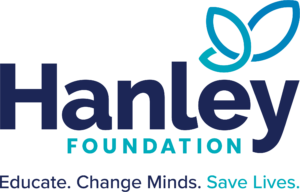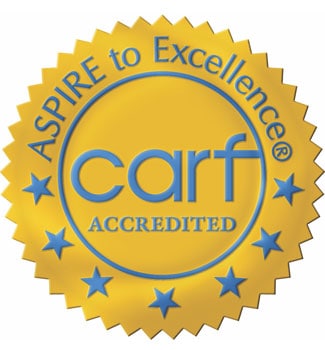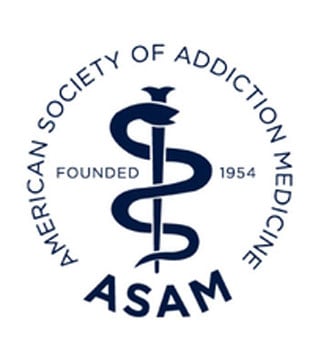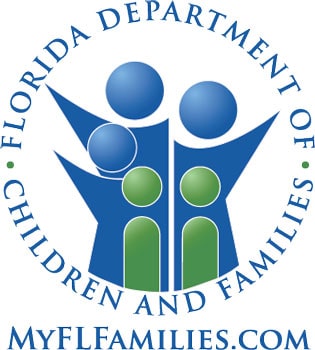Codependency

Originally thought of as behavior exhibited by the spouses of individuals struggling with alcohol misuse, codependency is now understood to be highly prevalent throughout society. Anyone from a dysfunctional family or relationship environment, including one with no apparent substance use issues, can experience codependency’s mental, emotional, and behavioral health effects. For many people, the root of codependency can often be traced back to childhood. By learning coping strategies through comprehensive codependency therapy, the behaviors associated with codependency can be resolved, and you and your loved ones can find healing.
Signs and Symptoms of Codependency
Mental Health America (MHA) describes codependency as “a learned behavior that can be passed down from one generation to another” and goes on to say that “people with codependency often form or maintain relationships that are one-sided, emotionally destructive and/or abusive.”
Here is a helpful list of signs that may help you determine if codependency is affecting your mental health and well-being:
- Low self-esteem – Constant comparison due to hiding feelings of guilt and shame
- Accommodating others – Sacrificing your own needs too often and rarely saying “no”
- Poor boundaries – Imaginary lines of self-protection may be too weak or too rigid
- Overreacting – Unable to recognize the opinions of others and becoming defensive
- Caretaking – Going beyond empathy/sympathy and needing to fix people’s problems
- Control – Needing others to behave in specific ways to make yourself feel safe
- Dysfunctional communication – Inability to articulate your needs, feelings, and thoughts
- Obsessive thinking – Avoiding present reality by focusing on relationships and others
- Dependency – Inability to feel good about yourself unless in a relationship
- Denial – Not facing your problems and blaming others instead
- Problems with intimacy – Inability to be close, open, and honest with your partner
- Painful emotions – Shame, anxiety, anger, resentment, depression, and numbness
MENTAL HEALTH DISORDERS
Risk Factors
When a relationship becomes too one-sided, you may rely exclusively on the other individual to meet all, or nearly all, of your emotional needs. This unhealthy behavior can severely compromise your self-esteem.
Likewise, the codependent cycle of dysfunction is further enhanced when the person in power is obsessive about constantly fixing you rather than coping with their own personal challenges. The controlling behaviors exhibited by the stronger personality can become an addiction as they get used to the powerful high of being in charge and needed all the time. If you get psychological help and begin to gain self-esteem and independence through codependency therapy and recovery, the more powerful player in your relationship may be unable to cope with no longer being your one-and-only emotional focus.
In extreme cases, the dominant person may begin to undermine healthy behaviors in the other person to keep power. If your substance use was an issue, it might almost be encouraged again so that the dominant person has something to fix. Unless these unhealthy codependent relationships and behaviors are identified and fully addressed by professionals, the cycle of emotional addiction — and potential substance use — will repeat and persist in the lives of one or both individuals.
Individual Codependency Therapy and Treatment
Although codependent symptoms will likely get worse if left untreated, they can be reversed with professional intervention and therapy. The earlier that treatment for codependency can begin for couples and families, the more positive the outcome. Counseling, therapy, and psychological interventions are highly effective for those experiencing codependency.
Medications
Medications, particularly those that address underlying anxiety and depression, may help improve how your brain uses certain chemicals that control mood or stress. This approach can help treat mood disorders that may be uncovered during the treatment process.
Psychotherapies
Evidence-based approaches specific to codependency treatment programs include cognitive-behavioral therapy (CBT), dialectical behavioral therapy (DBT), family counseling, and problem-solving therapy.
Center for Brain Recovery
Along with psychiatry and counseling services for the symptoms of codependency, psychological and brain health interventions are other options to explore, particularly when the patterns of codependency have existed for years.
At Hanley evidence-based codependency therapies and other co-occurring disorder therapies include the following:
- Psychological testing and review
- Biofeedback
- Neurotherapy
- Neurofeedback
- Meditation and mindfulness training
- Individual and group psychotherapy
- Cognitive-behavioral therapy (CBT)
Continuing Care Recommendations for Long-Term Success
A clear and specific plan for lifelong care after primary treatment should include individualized recommendations. Our team approach includes Continuing Care Specialists who work alongside our multidisciplinary professionals from the onset of your stay. These team members consider the recommendations of your diagnosis and your personal experience during codependency treatment to develop plans that support permanent success.
Continuing care recommendations may include the following:
- Medication management
- Ongoing counseling
- Intensive outpatient programming
- Transitional living
- Exercise and other wellness activities
- 12-Step support groups and fellowships
- Alumni services
Codependency Therapy for Families
A dysfunctional family is one in which members suffer from anger, fear, pain, or shame that is ignored or denied. Underlying problems may include any of the following:
- A family member’s attachment to drugs, alcohol, relationships, work, food, sex, or gambling
- The existence of physical, emotional, or sexual abuse
- The presence of a family member suffering from a chronic mental or physical illness
Our five-day family program at Hanley treats the whole family while you (or your loved one) receive treatment for addiction or mental health. Our team includes licensed therapists and counselors to assist in the vital process of healing. Participants learn the dynamics of other families in addiction, the scientific basis of the disease, and the tools to recover physically, emotionally, and spiritually.
Hanley’s Family Program provides:
- A confidential group environment
- Therapeutic, family-oriented support
- The tools to heal and regain a sense of a better life
- Open discussions in a safe, supportive environment
- A new perspective on how to cope with the challenges of addiction recovery
- Guided communication between family members and loved ones
- Continuing care planning for family members
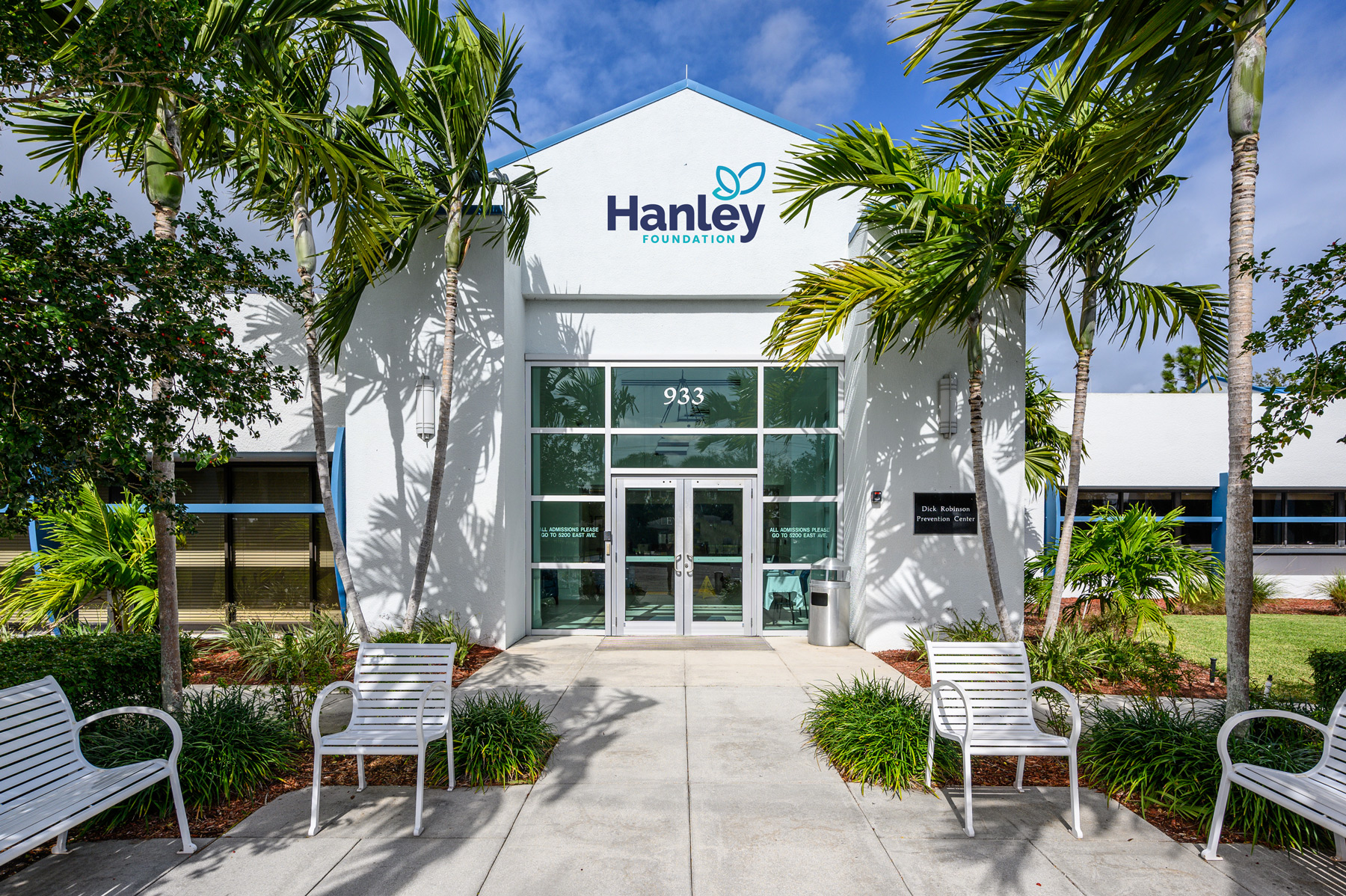
Hanley Center has good news.
Today is the day you can break the cycle of codependency for good – start your journey to freedom and fulfillment at Hanley Center.
Call 561.841.1033 today to get started.
Hanley Center: Most Insurance Accepted
Address: 933 45th Street
West Palm Beach, FL 33407
